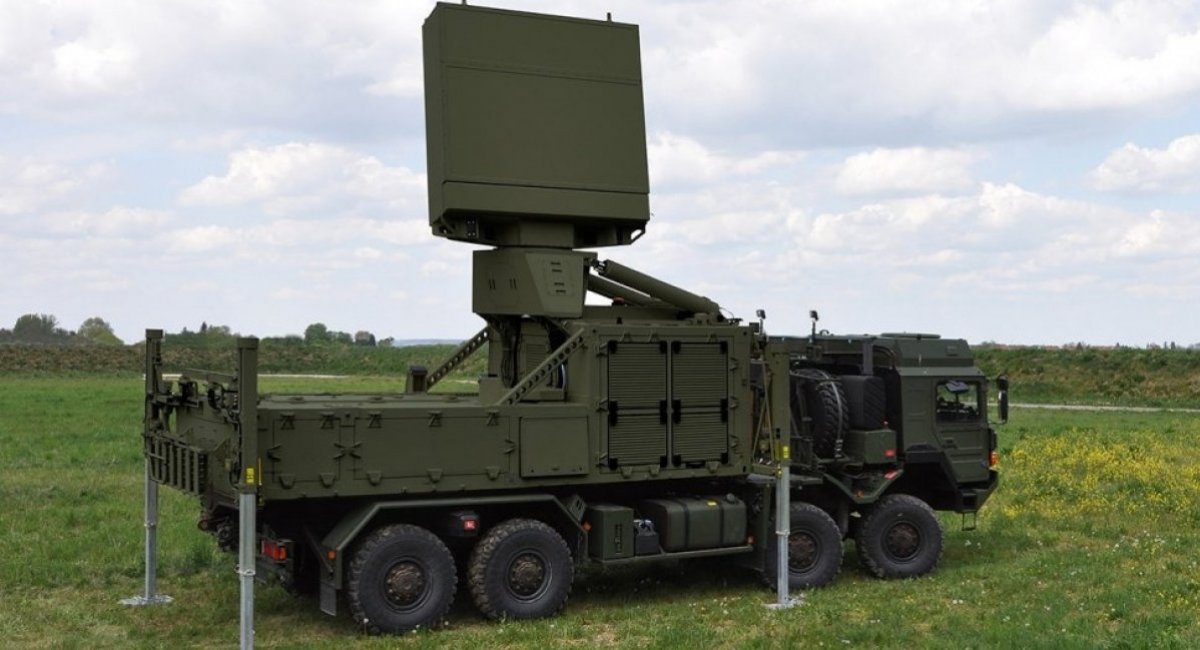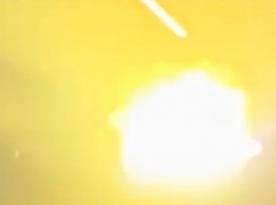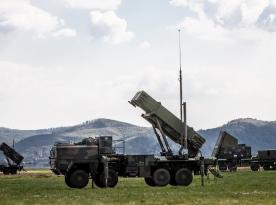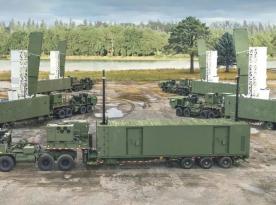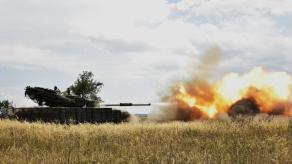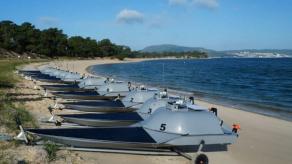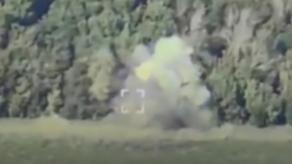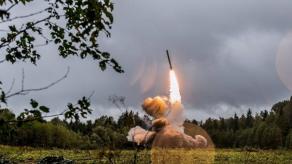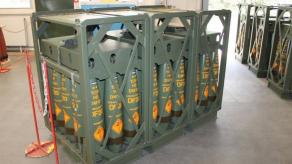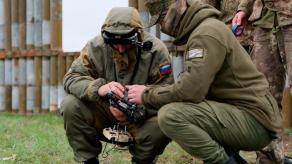Previously, Defense Express analyzed the possible reasons for why Sweden's recent €810-million contract for seven IRIS-T SLM air defense fire units turned out unexpectedly economical. A new post by hartpunkt adds new details: as the German newspaper learned from its sources in "well-informed circles," the Swedish Armed Forces ordered only two Hensoldt TRML-4D radars, thus cutting the cost. That is for all seven batteries, each requiring a radar to operate.
Still, there's an option left open for the Swedish armament procurement agency to buy additional radars, should they decide to. However, the Swedes may not need that, since they might have an interesting deliberate idea behind this incomplete acquisition.
Read more: Buying IRIS-T For a Cheap €115 Million Apiece, Did Sweden Just Forget to Include Missiles?
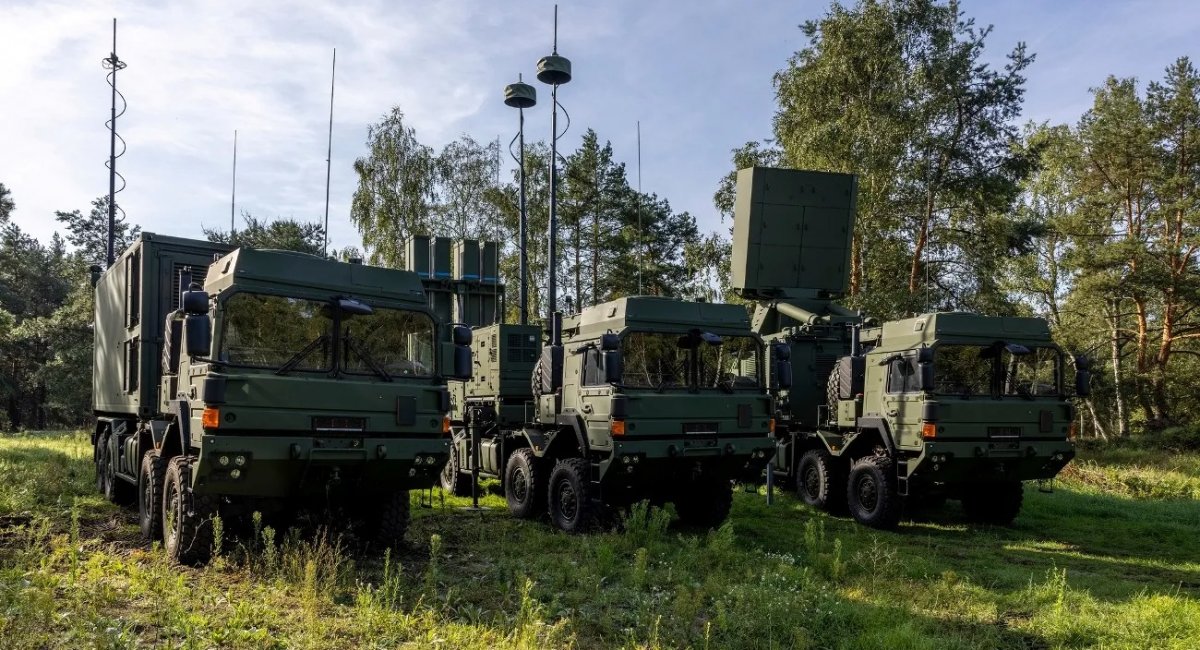
Sure, saving money is one way it benefits the Nordic country, with seven systems priced at a mere €810 million, or €115 million per system instead of the usual up to €160 million. Still, it should not be so advantageous that the Ministry of Defense would risk leaving the airspace hinged on only two loose screws.
According to observers cited by hartpunkt, the main intention could be Sweden's striving to integrate its own radars into the IRIS-T-SLM. Domestic manufacturer Saab, as one of the most prominent suppliers of sensors in the market, can turn this idea into reality.
The cooperation may extend beyond just localization. Swedish Saab and German Diehl Defence also partnered for other air defense projects. For instance, in implementing Switzerland's BODLUV 2020 program, they offered specifically IRIS-T SLM systems, although ultimately lost the bid to Raytheon's Patriot.
Another example is the partnership between Saab, Diehl, and Lockheed Martin on the Falcon short- and medium-range air defense system, announced in 2019 at the IDEX arms show. The planned configuration was: the IRIS-T missile as the effector, the Saab Giraffe 4A as the radar, and Lockheed's SkyKeeper as the command center. The project seems to have gotten stuck in progress, first and foremost because it was targeted towards the UAE exclusively.
That said, integration of Swedish radars into the German air defense system does not sound that impossible after all. In that case, the Swedish defense ministry will most likely look towards Saab Giraffe 4A for the radar, too, as it remains a powerful and proven solution.
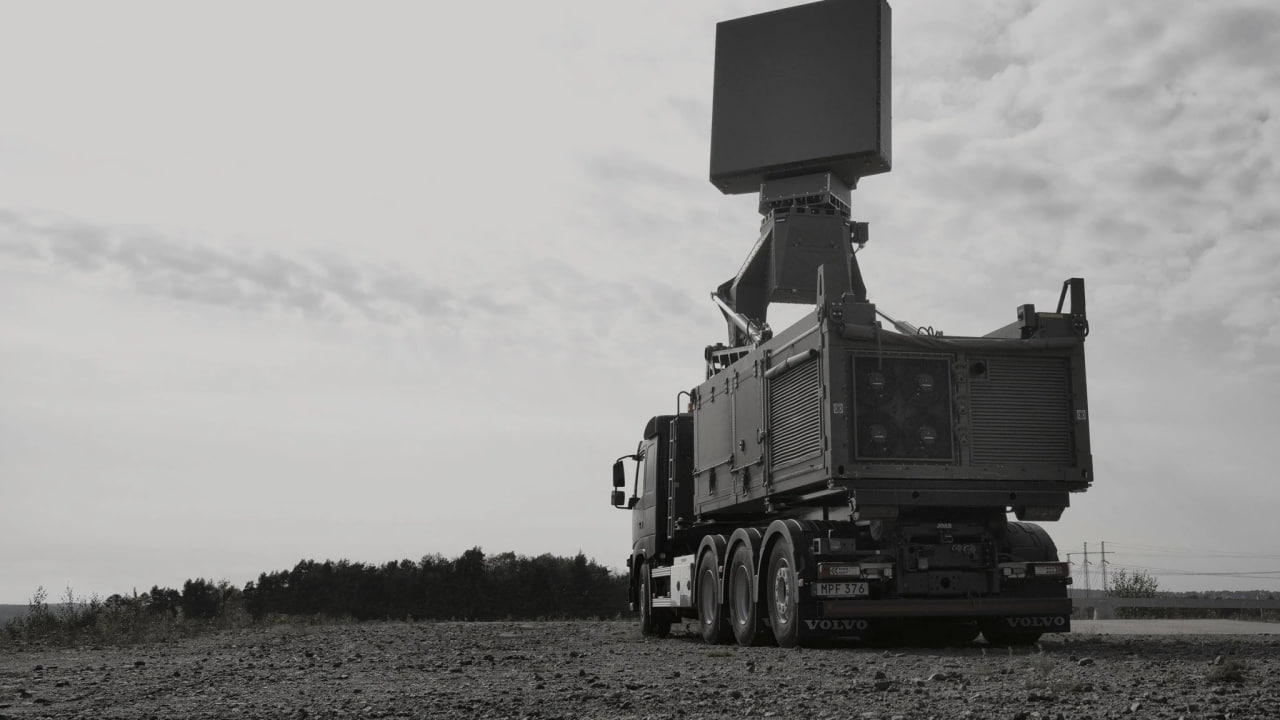
Worth noting, these discussions are based on unofficial information, so it's yet to transpire how many radars Sweden procured through official channels. Regardless, there's still the option for the country to add more TRML-4D sensors to the order in the future. Per prior announcements, the deliveries of IRIS-T SLMs to the Swedish Armed Forces are expected in 2028–2030.
Read more: Sweden Won't Turn Its Older Gripen Fighters Into Spares, Offering Ukraine a Rare Opportunity




